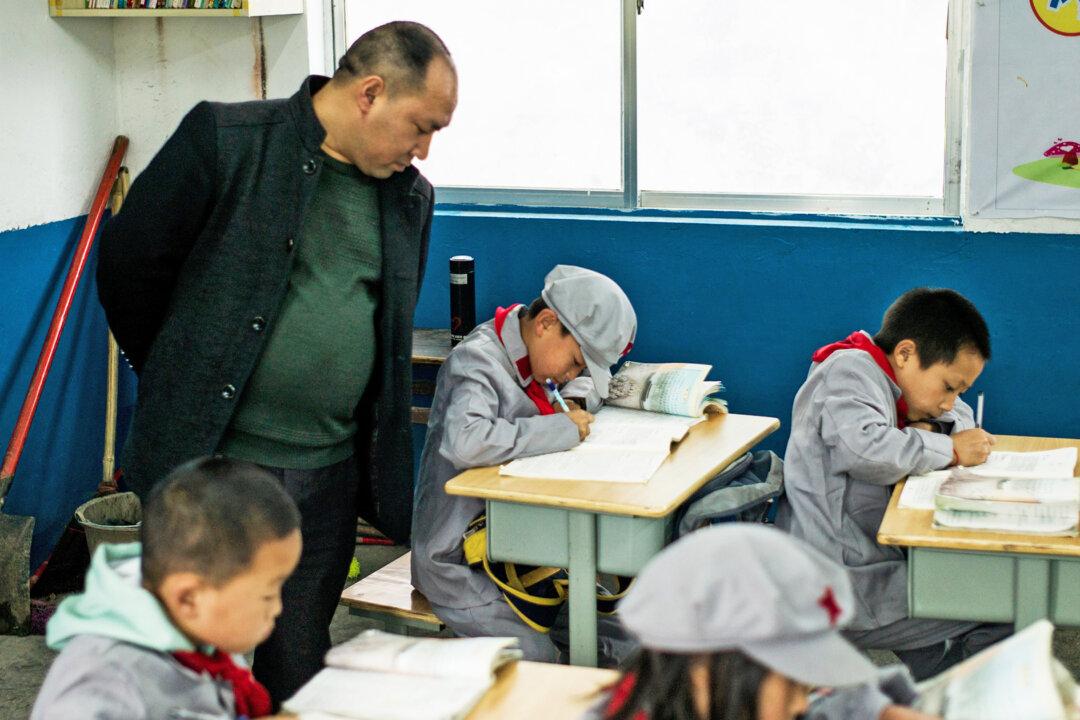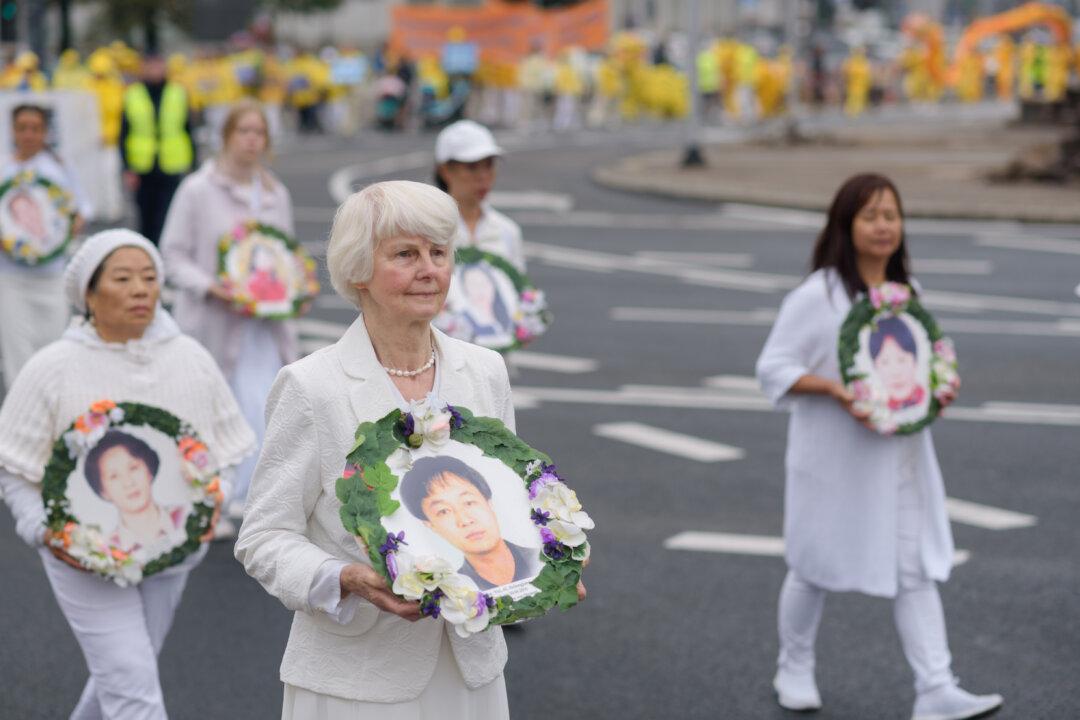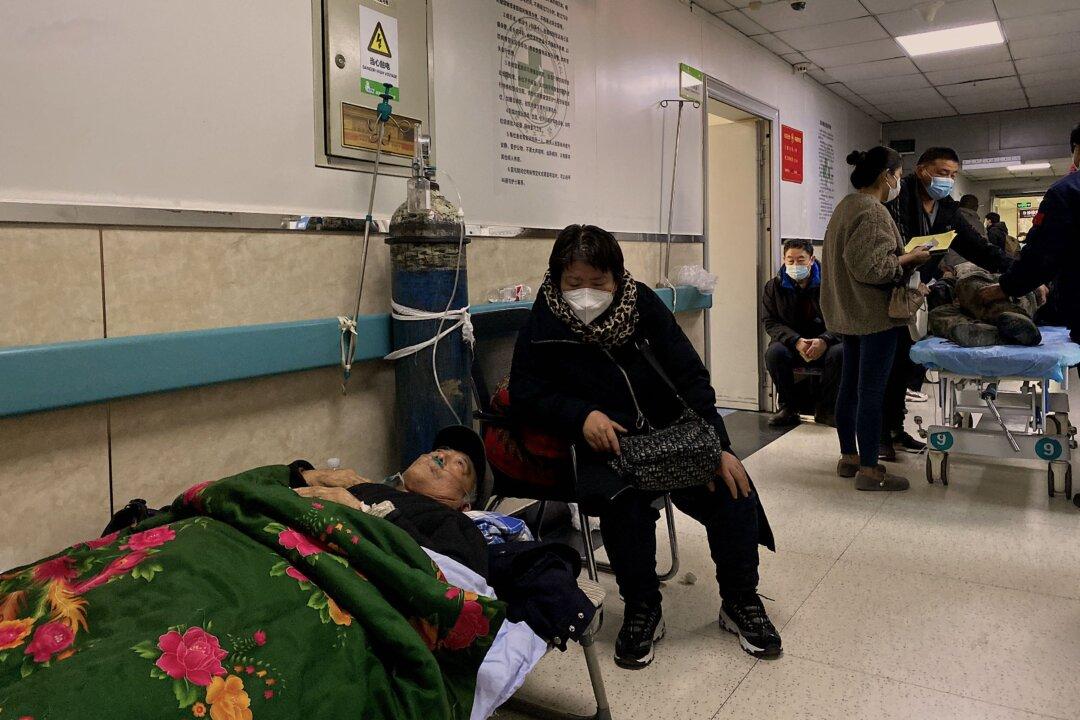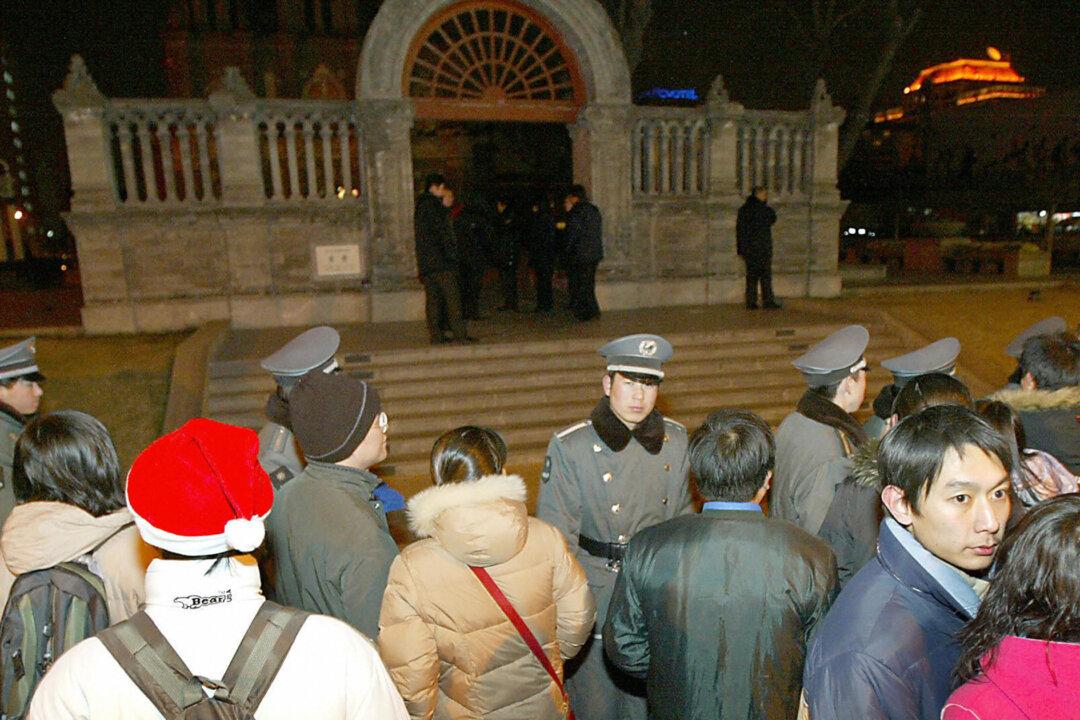Over the past week, Chinese elementary school math textbooks suddenly became a hot topic on China’s internet. Chinese netizens have been criticizing the illustrations in the textbooks as inappropriate, disturbing, repulsive, ugly, anti-China, etc. However, the textbooks were approved by China’s Ministry of Education almost 10 years ago and have been in use since 2014.
Current affairs commentator Wei Yu, host of the Youtube channel “Wei Yu Sees the World,” says that Beijing is manipulating public opinion to once again cast blame on so-called infiltration from the West, particularly the United States.




